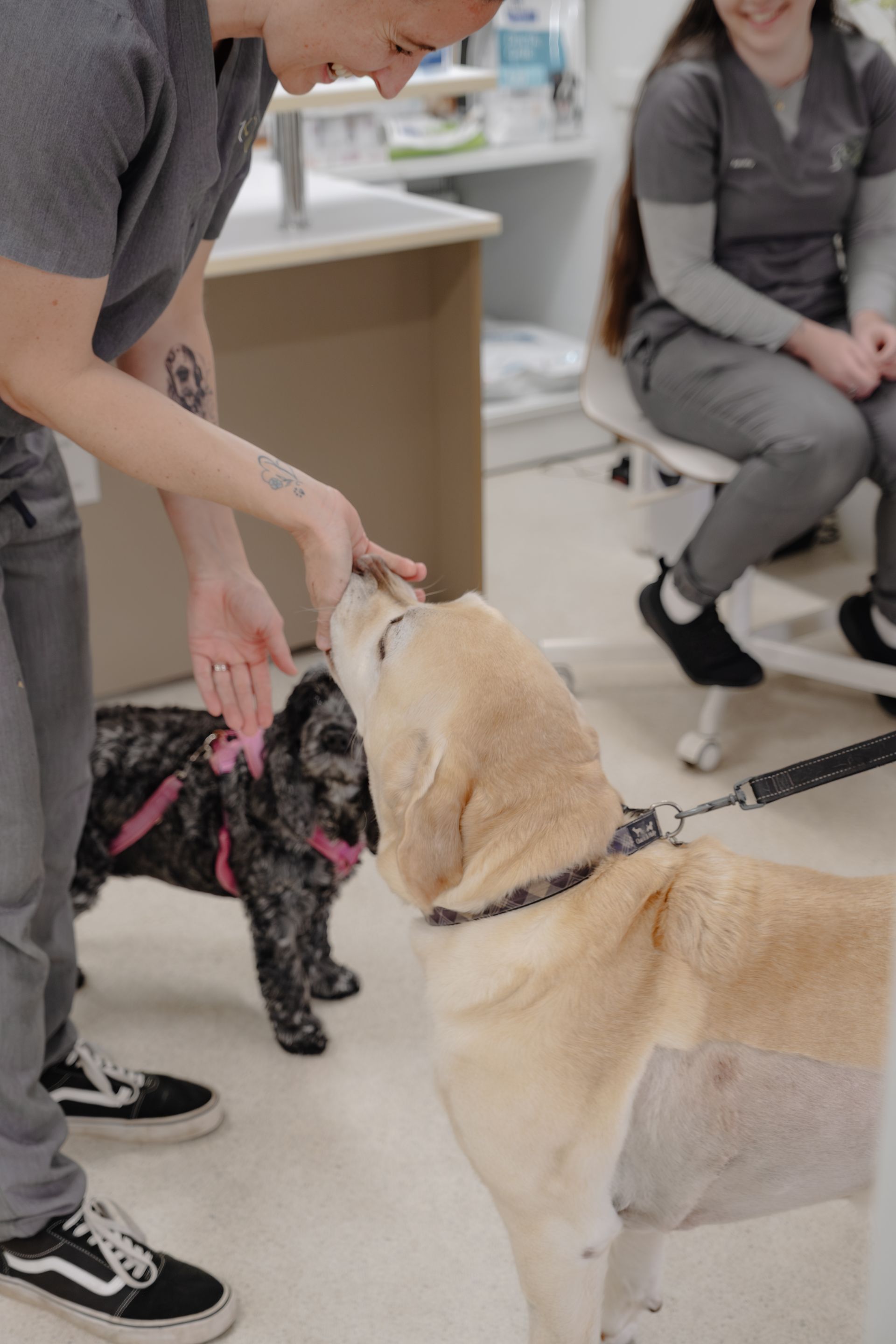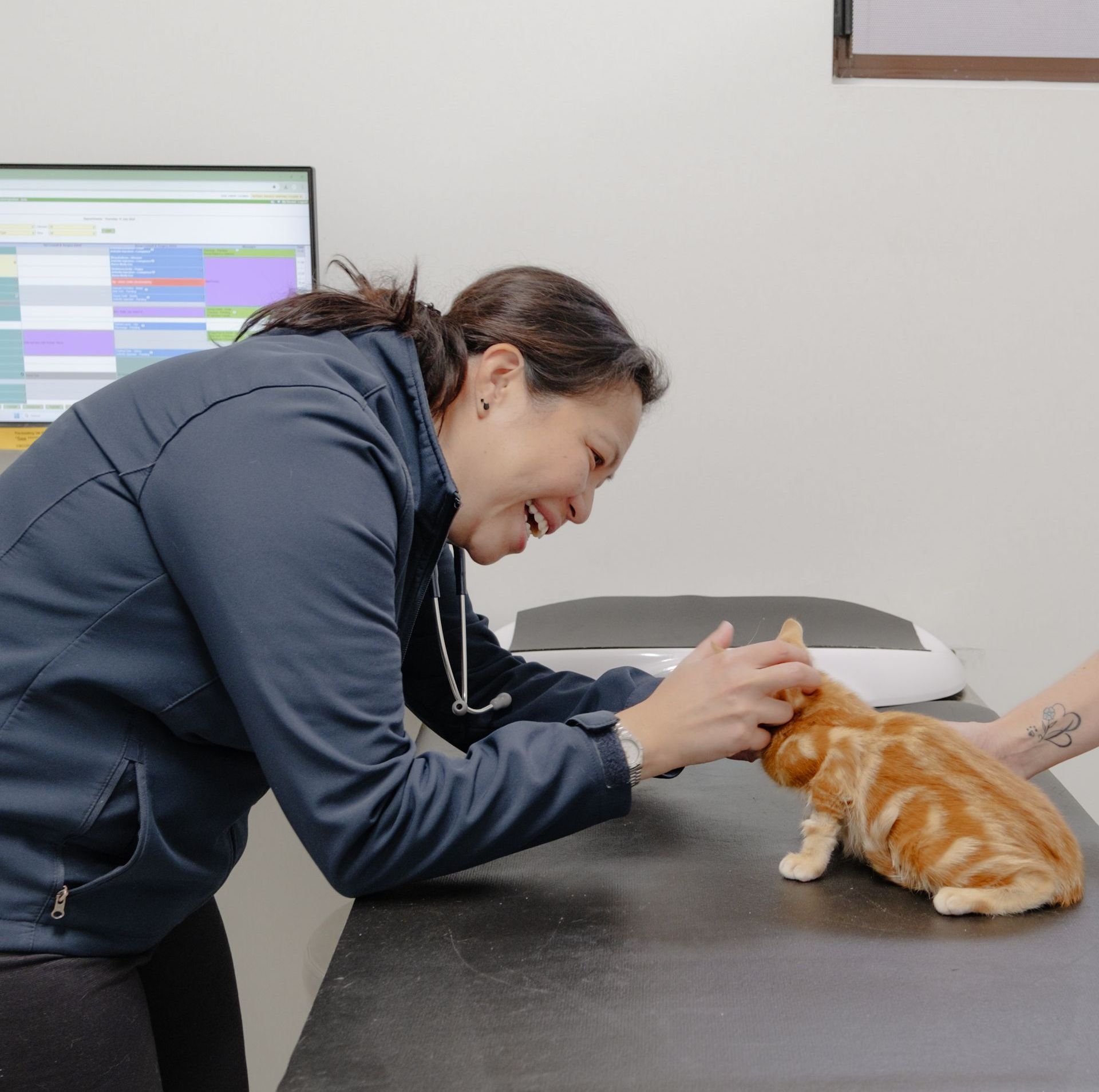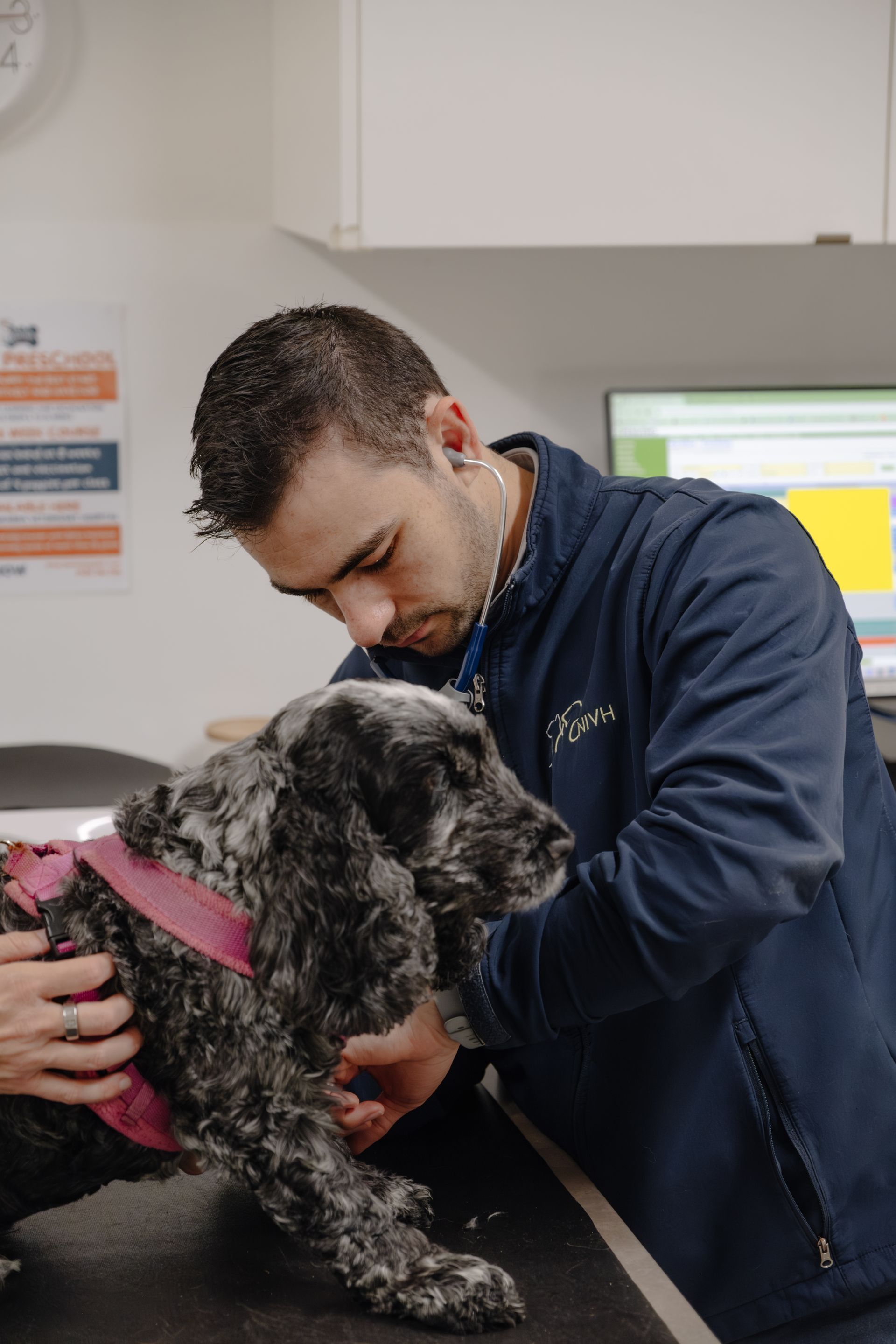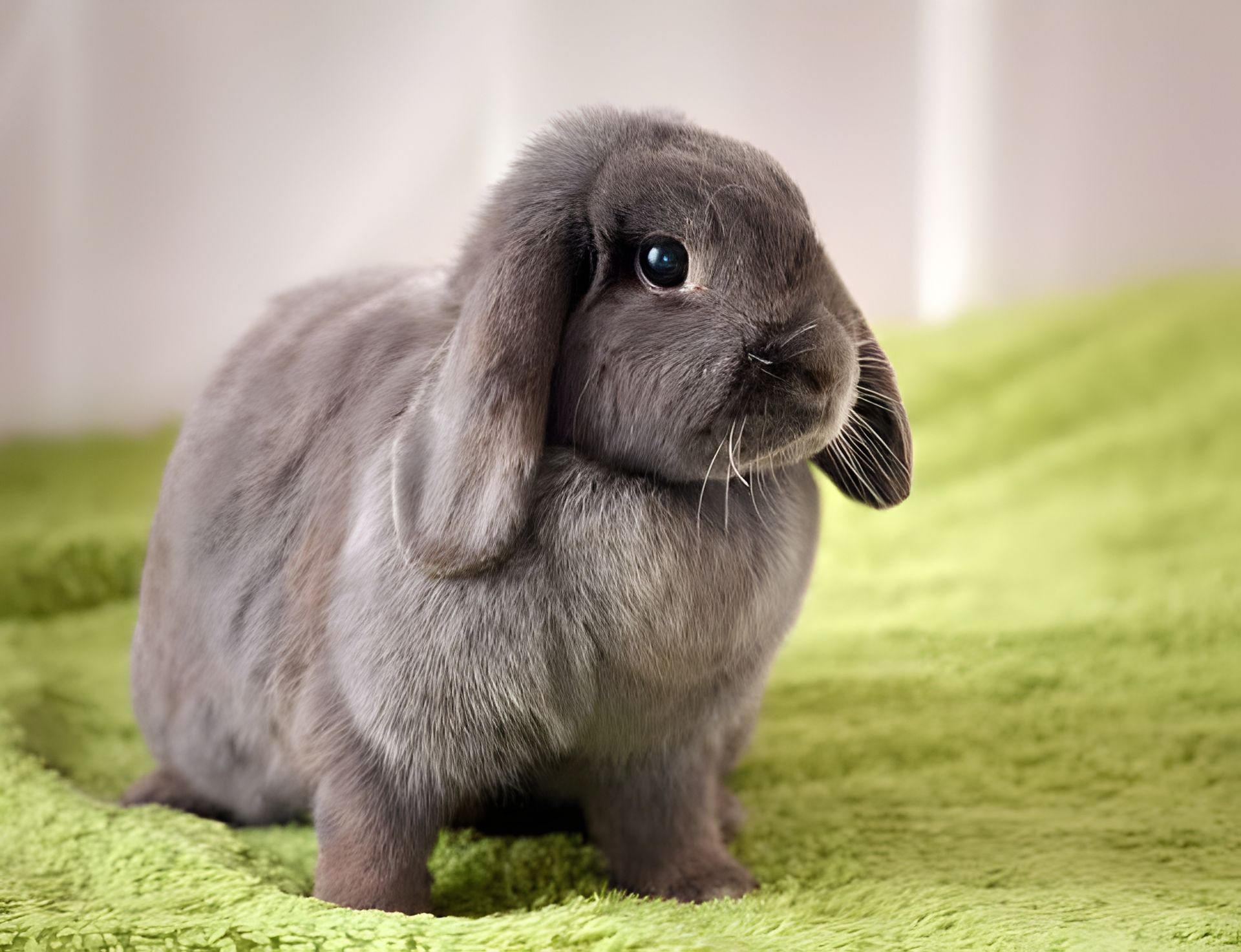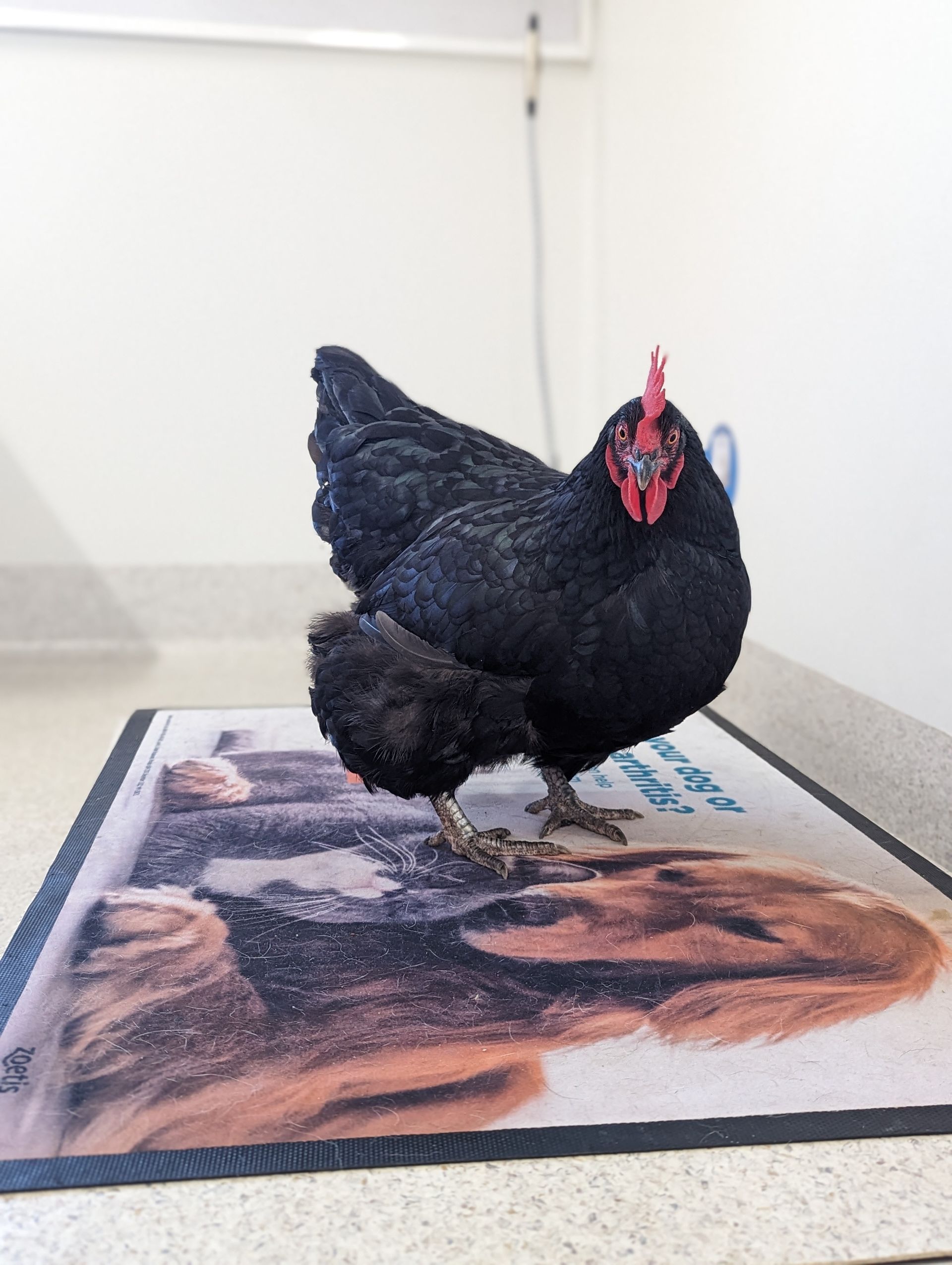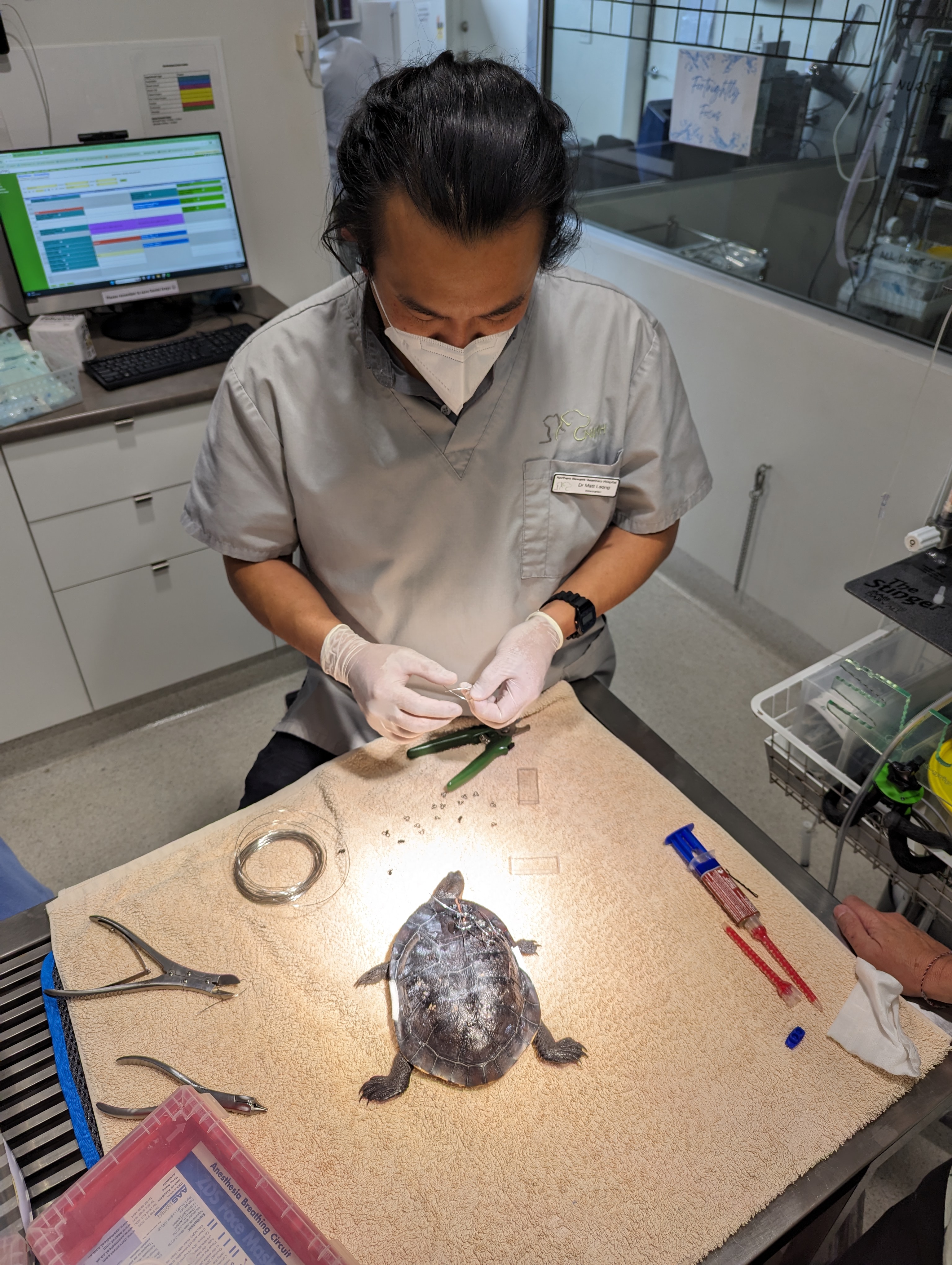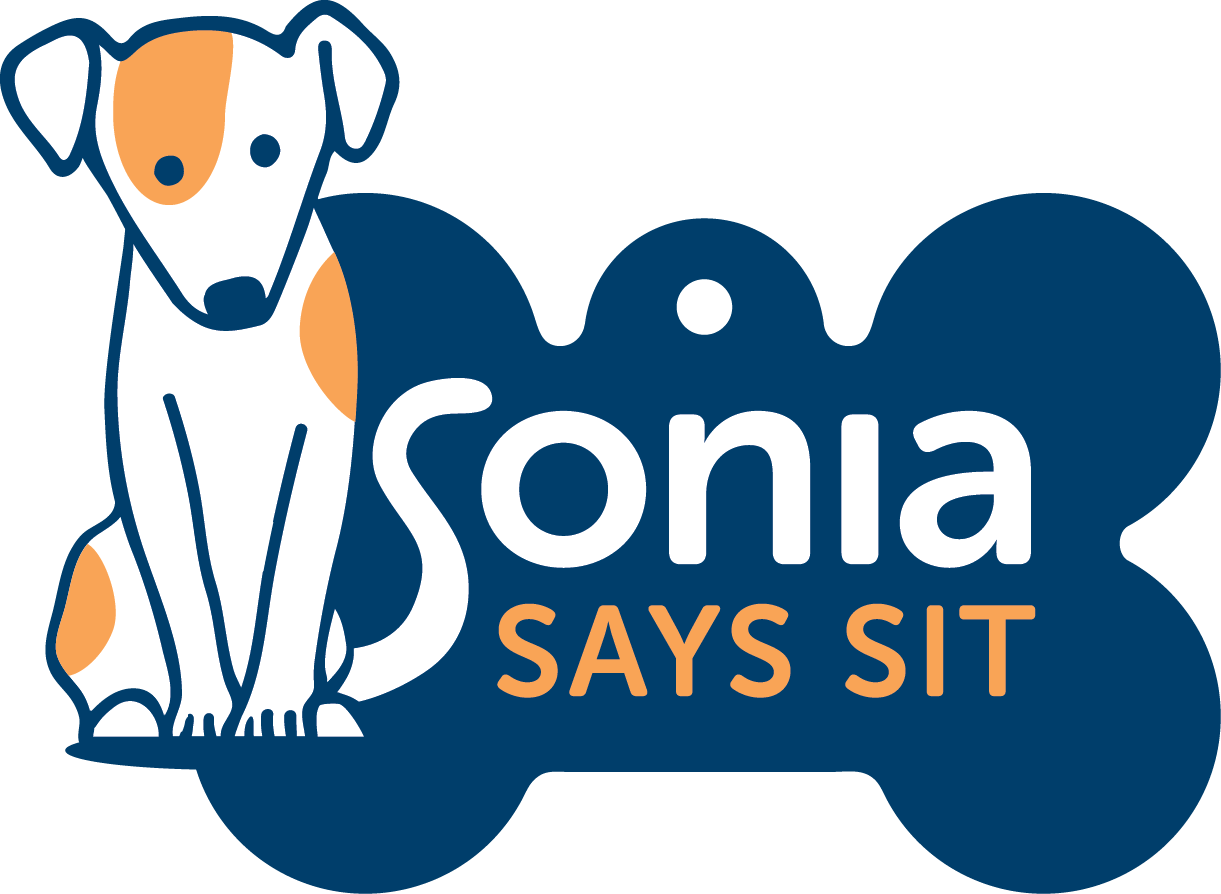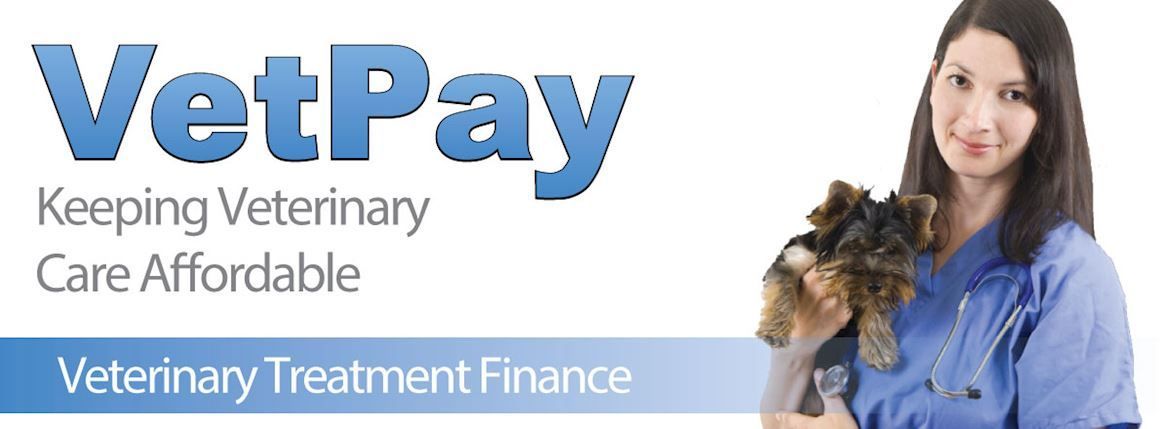Complete Pet Care in Bulli
Dog Care & Preventative Care
Intestinal Worm Prevention
The most common worms that affect dogs in Australia are roundworm, hookworm, whipworm and tapeworm. Worms are a common cause of ill health in pets and can cause signs such as loss of appetite, vomiting, diarrhoea and in severe cases even death. Dogs should be wormed at 2,4,6,8 and 12 weeks of age, then every 3 months for life. This can be done with an intestinal all wormer given monthly or 3 monthly depending on what product you use. Ask one of our friendly staff at Northern Illawarra Veterinary Hospital in Bulli which type is best suited to your individual situation!
Flea Control
Fleas are, unfortunately, an ever present nuisance for our pets. If they exist in the environment, they will find a way onto your dog's coat.
Fleas can be prevented easily and effectively with products that can be given both orally and topically. Rinses and sprays may be necessary in some cases but are rarely effective. All pets in the household must be treated simultaneously and the environment must also be decontaminated. Ask our friendly staff for more information on what products suit your pet best!
Ticks
Ticks are endemic in our region and prevention is recommended year round. The peak season for tick paralysis varies each year but can be from late winter up to Christmas time. We recommend using one of the oral preventatives such as Nexgard or Bravecto which will kill both ticks and fleas for one and three months respectively. Tick collars, topical spot on preparations and some washes are also available. Tick searching every day is also essential, especially after walks, and is great in addition to chemical control.
Dr Matthew O'Donnell is very passionate about Flea and Tick Prevention, and was selected by a local news group, The Illawarra Flame, to help educate the public on this topic!
You can read the interview here: https://www.theillawarraflame.com.au/protect-your-pets-lots-of-paralysis-ticks-expected-this-season#1
Vaccinations
Vaccination is an important tool to safeguard your pet from potentially serious and sometimes fatal diseases. We recommend dogs be vaccinated against the following:
- Parvovirus: This is a viral gastroenteritis that is highly contagious causing loss of appetite, dehydration, severe vomiting, bloody diarrhoea and potentially death.
- Distemper: This highly contagious disease produces signs such as fever, depression, loss of appetite and discharge from the eyes and nose. In severe cases, the brain may become affected resulting in convulsions and death. Treatment is almost always ineffective; thus vaccination is essential.
- Hepatitis: In puppies, hepatitis can cause sudden death, whilst adult dogs can experience weakness, fever, diarrhoea, loss of appetite, bleeding and acute abdominal pain due to changes in the liver. In severe cases, death may occur within 24-36 hours from the onset of symptoms.
- Parainfluenza Virus & Bordetella Infection (Canine Cough): Signs include a dry hacking cough that often finishes with gagging and persists for several weeks. This disease is highly contagious, especially in close conditions such as boarding kennels and show rings. This vaccination is compulsory for boarding your dog at a kennel.
The first vaccination is given at 6-8 weeks, the second booster vaccination at 10-12 weeks and final vaccine at 14-16 weeks. 10 days after the final vaccination your puppy is considered fully protected and can socialise with other dogs and go for walks in public places such as the park and beach.
A booster vaccination for all the above diseases is recommended one year after the 16-week vaccination. After this vaccination, we recommend that core vaccinations for distemper, hepatitis and parvovirus are given every 3 years. However, the kennel cough vaccinations still need to be given annually for adequate protection.
Spaying & Castration
Spaying is the surgical procedure of desexing a female dog called ovariohysterectomy. During the procedure, the dog's ovaries and uterus are removed via an abdominal incision whilst under general anaesthetic. Spaying your female dog will prevent ovarian and uterine cancer as well as a serious infection that can occur in a female dog's uterus called a pyometra. It may also reduce the risk of mammary tumours.
Castration
Castration is the procedure of removing the dog's testicles via an incision just in front of his scrotum whilst under a general anaesthetic. There are numerous benefits to castrating your dog including eliminating the risk of testicular cancer. It may also reduce or prevent behaviour problems such as aggression. Prostate issues may also arise in an un-desexed male, which enlarges as he ages. Prostate enlargement may cause urinary difficulties, infection and discomfort. The age at which it is best to desex your male or female dog largely depends on their breed. Our friendly team will help guide and advise you as to when the best age is for your particular breed to be desexed!
Microchipping
Microchipping is a great way to have your pet identified and back in your hands as quickly as possible if they happen to stray. The NSW government has legislated microchipping as compulsory. It is a permanent means of pet identification in the form of a tiny chip about the size of a grain of rice implanted under the skin at the back of the neck. Information such as the animal's age, name, sex, description and the owner's contact details are stored on the Companion Animals Register with the council and are linked to the unique number stored in the microchip. We can access this database to get contact details for any stray pets that are brought in.
By law, all dogs must be microchipped before being sold or given away or before 3 months of age (whichever comes first) or the owner risks a fine. It is the responsibility of the breeder or previous owner to update ownership records with the council once they sell or give away an animal, so make sure you check with them that this has been done as soon as you pick up your new puppy. Owner contact details (e.g. phone numbers and addresses) may be easily changed through your local council online. If your pet has not already been microchipped, we can quickly and easily perform this procedure. Note that once microchipped your pet then needs a lifetime registered with the council.
Cat Care & Preventative Care
Worming
The most common worms that affect cats in Australia are roundworms, hookworms and tapeworms. Worms are a common cause of ill health in young cats and can cause signs such as loss of appetite, vomiting, diarrhoea and in severe cases, even death. Cats should be wormed at 6, 8 and 12 weeks of age, then every 1 or 3 months for life depending on which preventative treatment is used. Our friendly staff will be able to guide you toward the correct worming product for your cat!
Flea Control
Fleas are, unfortunately, an ever present nuisance for our pets. If they exist in the environment they will find a way onto your cat's coat. Fleas can be prevented easily and effectively with a wide range of products we stock at Northern Illawarra Vet Hospital. The key to all preventative treatment is to be vigilant and stop an infestation before it begins.
Ticks
Ticks are endemic in our region and prevention is essential all year round, but especially during the spring and summer months! At Northern Illawarra Vet Hospital, we stock BRAVECTO and nexgard spectra, topical treatments applied to your cat’s skin. This product will be absorbed into the bloodstream and in turn kill any ticks that latch on your pet. However, tick searching every day is a good back up to do alongside using these products, as it is always possible for some ticks to fly under the radar and harm your beloved pet!
Dr Matthew O'Donnell is very passionate about Flea and Tick Prevention, and was selected by a local news group, The Illawarra Flame, to help educate the public on this topic!
You can read the interview here: https://www.theillawarraflame.com.au/protect-your-pets-lots-of-paralysis-ticks-expected-this-season#1
Vaccinations:
Vaccinations:
To safeguard your pet from potentially serious and sometimes fatal diseases, we highly recommend vaccinations. Cats are typically vaccinated against:
- Feline Enteritis: The most common life threatening disease affecting cats. It is a very contagious viral disease with a high death rate especially in cats under 12 months of age. Signs include fever, depression, severe stomach pain, vomiting, diarrhoea and dehydration.
- Feline Respiratory Disease (Cat Flu): A highly contagious disease. Cats of all ages are at risk, especially young kittens, Siamese and Burmese cats. Signs include sneezing, nasal discharge, runny eyes, coughing, loss of appetite and tongue ulcers. This can lead to severe dehydration followed by death.
- Feline Chlamydophila: An organism that causes eye and respiratory diseases and infertility, predominantly seen in kittens up to 9 months of age. The signs of infection are discharge from the eyes (sticky eye or conjunctivitis) and nose, fever, coughing, respiratory signs, enlarged lymph nodes, loss of appetite, weight loss and depression. Chlamydophila is found in up to one third of cases of conjunctivitis and is transmitted by close contact between cats.
- FIV Feline Immunodeficiency Virus: A blood borne viral infection causes feline AIDS which is potentially fatal. Vaccination is available and will only be recommended by our veterinarians if your cat is considered to be at risk. The virus interferes with the immune system and initial symptoms such as fever, sores, lesions and diarrhoea progress to severe chronic infections as the immune system is overcome. There is no treatment or cure for the virus itself.
- FeLV Feline Leukaemia: A blood borne viral infection causes feline leukaemia which is potentially fatal. Vaccination is available and will only be recommended by our veterinarians if your cat is considered to be at risk. The virus causes suppression of the immune system and sometimes lymphoma. There is no treatment or cure for the virus itself.
- Your kitten will require a course of three core vaccinations: 6-8 weeks first vaccination, 12 weeks booster vaccination and 16 weeks final vaccination (or two vaccinations after 10 weeks of age). One week after the last vaccination, your kitten can go outside and socialise with other cats. FIV vaccination requires a course of 3 vaccinations which can be done at 10, 12 and 14 weeks of age or later in life. Cats vaccinated for FIV after 6 months will require a blood test before vaccination. Leucogen vaccine against feline leukaemia can be given after 9 weeks of age, with a second dose 2-3 weeks later. Annual booster vaccinations are required.
Desexing
We strongly recommend desexing all cats, male and female, between 5-6 months of age. As well as reducing the number of unwanted pregnancies, desexing prevents cats from calling, roaming, fighting, spraying and night prowling. Desexing or neutering your pet is a surgical procedure that prevents them from being able to reproduce. In male pets, it is commonly referred to as castration and in female pets as spaying. This is the most frequent surgery performed by our vets and generally your pet is home by the evening of surgery.
Microchipping
Microchipping is a legislated, compulsory, permanent form of identification in the form of a tiny chip, the size of a grain of rice, which is implanted under the skin at the back of the neck or between the shoulder blades. Information such as the animal's age, name, sex, description and the owner's contact details are stored on the Companion Animals Register with the council and are linked to the unique number stored in the microchip. We can access this database to get contact details for any stray pets that are brought in.
Rabbit Preventative Care
Rabbits can make excellent pets. They are often kept as indoor companions, as they can easily be litter trained. A rabbit's teeth grow throughout its life and unfortunately teeth problems are common. Diet plays an important role in keeping your rabbit's teeth in check. A rabbit's diet should predominantly consist of grass and hay. The continual chewing action on these will prevent the teeth from overgrowing. Please speak to our team for advice on diet for your bunny to ensure they are getting all the right things. Keep an eye out for any reluctance to eat or drooling, as this may indicate a tooth problem.
Calici Virus is present in Australia and is a fatal disease for rabbits if
contracted. Most rabbits don’t show a lot of symptoms and can die within a few hours. Rabbits that haven’t been vaccinated before require two vaccines a month apart, and then 6 monthly booster vaccines will need to be given to keep up immunity. Myxomatosis is a fatal disease that is widespread in the wild rabbit population. It is spread by insects—particularly mosquitoes.
Unfortunately, there is no vaccine available in Australia, so the best way
to protect your rabbit from this virus is to cover their cage with a fly
screen or to house them indoors. Rabbits are particularly vulnerable to
heat stress as they cannot sweat or pant to cool themselves down. Therefore on any day that is over 25 degrees, you should ensure your rabbit is in a cool, shady place.
We recommend that rabbits be desexed between 4-6 months of age. Desexing around this age is generally considered optimal to prevent behaviours such as urine spraying, humping/mounting, biting and aggression from becoming a normal part of your rabbit’s behaviour. When rabbits go off their food, this can be a key indicator of your rabbit being unwell. A rabbit's digestive system needs to continue moving. This means rabbits need to have a supply of food or hay with them at all times. There can be many reasons for a rabbit to stop eating, but if you notice the food or hay hasn’t been touched over a 12-hour period, it is essential to get your bunny checked out.
Guinea Pigs & Birds
Guinea Pigs
Guinea pigs are very social, curious creatures and make lovely pets. Although they are commonly thought to be easy first pets for children, they require plenty of attention and time and a thoughtful approach to care. Guinea pigs require a food source of vitamin C. This can be supplied through a daily treat of green leafy vegetables. A lot of premium guinea pig diets also have an added supply of vitamin C, which makes feeding easy. They are, however, prone to getting mites and mange and a monthly preventative such as Revolution is highly recommended to managing this.
Like rabbits, guinea pigs do not tolerate heat very well and are vulnerable to heat stress. Be careful where you place your pet’s hutch; bringing it inside during extreme hot weather is advisable. Other common health problems for guinea pigs include bladder stones, overgrown cheek teeth and respiratory disease. Did you know female guinea pigs can become pregnant at just a few weeks old? Desexing for guinea pigs is recommended at varying times to prevent unnecessary breeding, but the most common is at around 3 months of age.
Birds
As with all Pocket Pets, Birds are highly intelligent and require appropriate housing and mental stimulation. Here are some tips to follow if you have pet birds to ensure they have a good life.
- Most commonly bought cages are too small to allow birds to fly freely and severely restrict their ability to exercise and express their normal behaviours.
- Ideally, we should be aiming to provide as large a cage as possible. The minimum length of a cage should be at least three times their combined wing span—this means from the tip of one wing to the tip of the other wing (when both are stretched out).
- Perches should be rough and made of natural, non-toxic wood to help fill down nails and prevent them from overgrowing.
- Housing should always be kept clean and hygienic. We encourage daily cleaning of food and water bowls!
- Most bird species are highly social creatures. In the natural environment, they live in groups or at least in a pair of two. This should be mimicked in their domestic life, always housing them with other compatible birds.
- Pet birds also consider their human family to be part of their flock so it is really good for your birds' welfare to integrate them into your daily life and activities for enrichment.
- Birds should be protected from extreme weather. If your aviary or cage is exposed to the weather, it should allow all birds to shelter together in a place that is protected from wind, rain and direct sunlight.
- Birds require specific diets, please speak with one of the team to check the best diet for your bird.
By law, all must be microchipped before being sold or given away or before 3 months of age (whichever comes first) or the owner risks a fine. It is the responsibility of the breeder or previous owner to update ownership records with the council once they sell or give away an animal, so make sure you check with them that this has been done as soon as you pick up your new puppy. Owner contact details (e.g. phone numbers and addresses) may be easily changed through your local council online. If your pet has not already been microchipped, we can quickly and easily perform this procedure. Note that once microchipped your pet then needs a lifetime registered with the council.
Sick & Injured Wildlife
If you have found a sick, injured or orphaned local animal, read WIRES emergency rescue advice, call WIRES’ Wildlife Rescue Office in Australia on 1300 094 737, or report the rescue online to access rescue advice and assistance 24/7.
DO NOT APPROACH:
- Snakes
- Monitor lizards (goannas)
- Bats (flying foxes or microbats)
- Large macropods (kangaroos and wallabies)
- Koalas
- Raptors (eagles, falcons or hawks)
These animals require specialist handling and MUST be rescued by trained wildlife rescuers. If you are unsure of the species please check the images on the WIRES website. Please monitor the animal from a safe distance and call for rescue assistance. Try to keep people and pets away to minimise stress on the animal while waiting for a rescuer to arrive. Wherever possible, it is best to leave native animals in the wild including leaving healthy young animals with their parents. If you are unsure if an animal needs rescue assistance, particularly chicks in spring, please call WIRES for advice.
Sick or injured animals need to be assessed by a vet before coming into care. It is critical to get sick and injured wildlife vet treatment as quickly as possible and vets will accept wildlife free of charge. If the sick or injured animal is SAFE to contain, eg: birds, gently contain the animal and keep it in a warm, dark, quiet place while transporting it to the nearest vet. Please call us or any vet to let them know you are coming and do not give the animal food or water unless instructed by a vet or WIRES. Improper rescue can hurt or distress the animal and the rescuer.
Ensure you always wear appropriate protective gear including gloves, when touching any animal. Gently place a towel over the animal and place it in a ventilated box with a lid while transporting. If you are containing a possum, please take additional precautions and wear long sleeves or jackets to avoid being scratched and wear a face mask and gloves when handling. After handling any wildlife, please wash and sanitise your hands.

